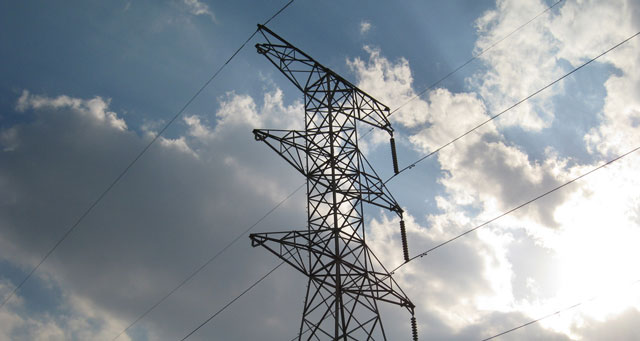
The lack of sufficient electricity is the most binding constraint to production and investment in South Africa, finance minister Nhlanhla Nene has acknowledged to MPs.
In reply to a written question from David Ross, a Democratic Alliance MP, who asked what were the “structural and competitiveness challenges that hold back production and investment in our economy”, Nene referred to the 2015 budget review — presented at the time of the February budget.
He said in that review, “the lack of sufficient electricity” had been identified as “the most binding constraint” to production and investment.
“Other constraints identified were transport and telecommunications infrastructure as well as skills constraints, regulatory uncertainty and concentrated markets that discourage new entrants,” reported the minister.
Nene said various steps had been taken “to address these challenges” by the national government, business and labour “and some of these are outlined in the national development plan”.
Nene noted that President Jacob Zuma had outlined in his 2015 state of the nation address that government “has agreed on nine strategic priorities to pursue this year, in partnership with the private sector and other stakeholders”.
Nene put energy as the top priority and described it as “resolving the energy challenge”. This was followed by “revitalising” agriculture, adding value to “our mineral wealth”, enhancement of the industrial policy action plan, encouragement of private investment, reducing workplace conflict, unlocking the potential of small enterprises, infrastructure investment and support for the implementation of the National Development Plan through “in-depth”, results-driven processes.
Nene referred Ross to the budget review section “for a full discussion” on meeting these challenges. The review pledged that there would be “enhanced tax incentives” to promote greater energy efficiency.
Treasury director-general Lungisa Fuzile reported that interventions such as the solar water hearing initiative and the energy efficiency and demand side management grant to municipalities “will encourage households to use energy more efficiently”.
“The evolution towards cost reflective electricity prices will encourage firms to reduce consumption and direct investment towards less energy-intensive sectors,” reported the director general in the review. — Fin24




